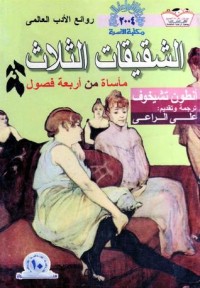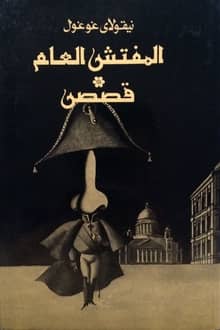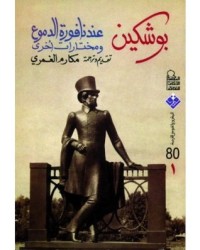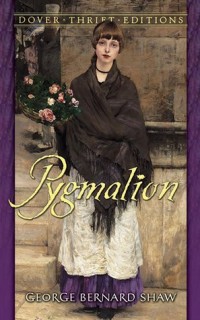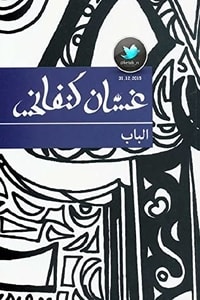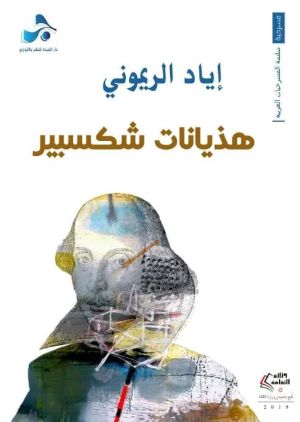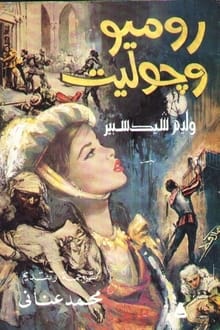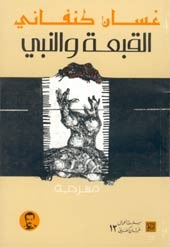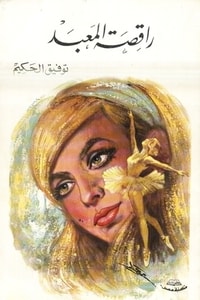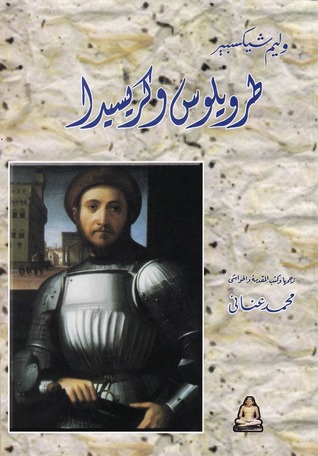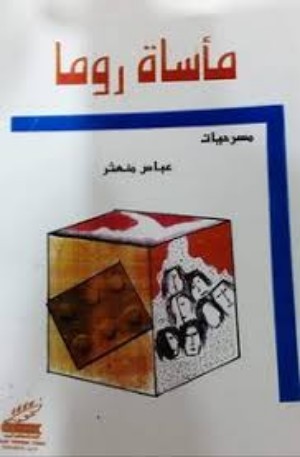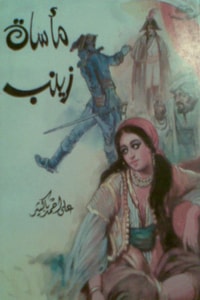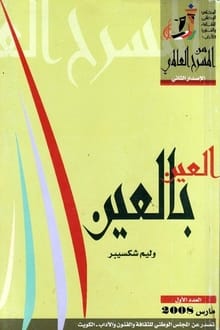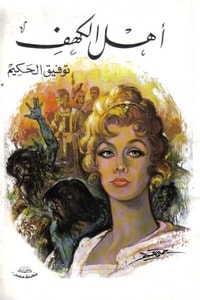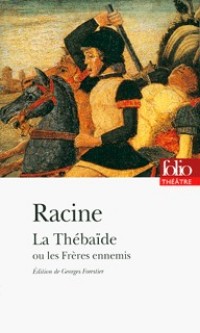
pas faire du Racine ? Car La Thébaïde repose sur un conflit dont le moteur n'est pas la passion amoureuse mais la rage suicidaire de tous les personnages. Racine puise chez Euripide la sanglante histoire d'Étéocle et de Polynice, les deux fils d'Œdipe. Un tel sujet l'entraînait vers une esthétique de la fureur au moment où triomphaient les grâces de l'amour galant. Pari tenu : Molière fit créer la pièce par sa troupe. Trois siècles plus tard, on est encore stupéfait de voir comment la tragédie classique savait styliser la violence des passions qui habitent les hommes.
pas faire du Racine ? Car La Thébaïde repose sur un conflit dont le moteur n'est pas la passion amoureuse mais la rage suicidaire de tous les personnages. Racine puise chez Euripide la sanglante histoire d'Étéocle et de Polynice, les deux fils d'Œdipe. Un tel sujet l'entraînait vers une esthétique de la fureur au moment où triomphaient les grâces de l'amour galant. Pari tenu : Molière fit créer la pièce par sa troupe. Trois siècles plus tard, on est encore stupéfait de voir comment la tragédie classique savait styliser la violence des passions qui habitent les hommes.




